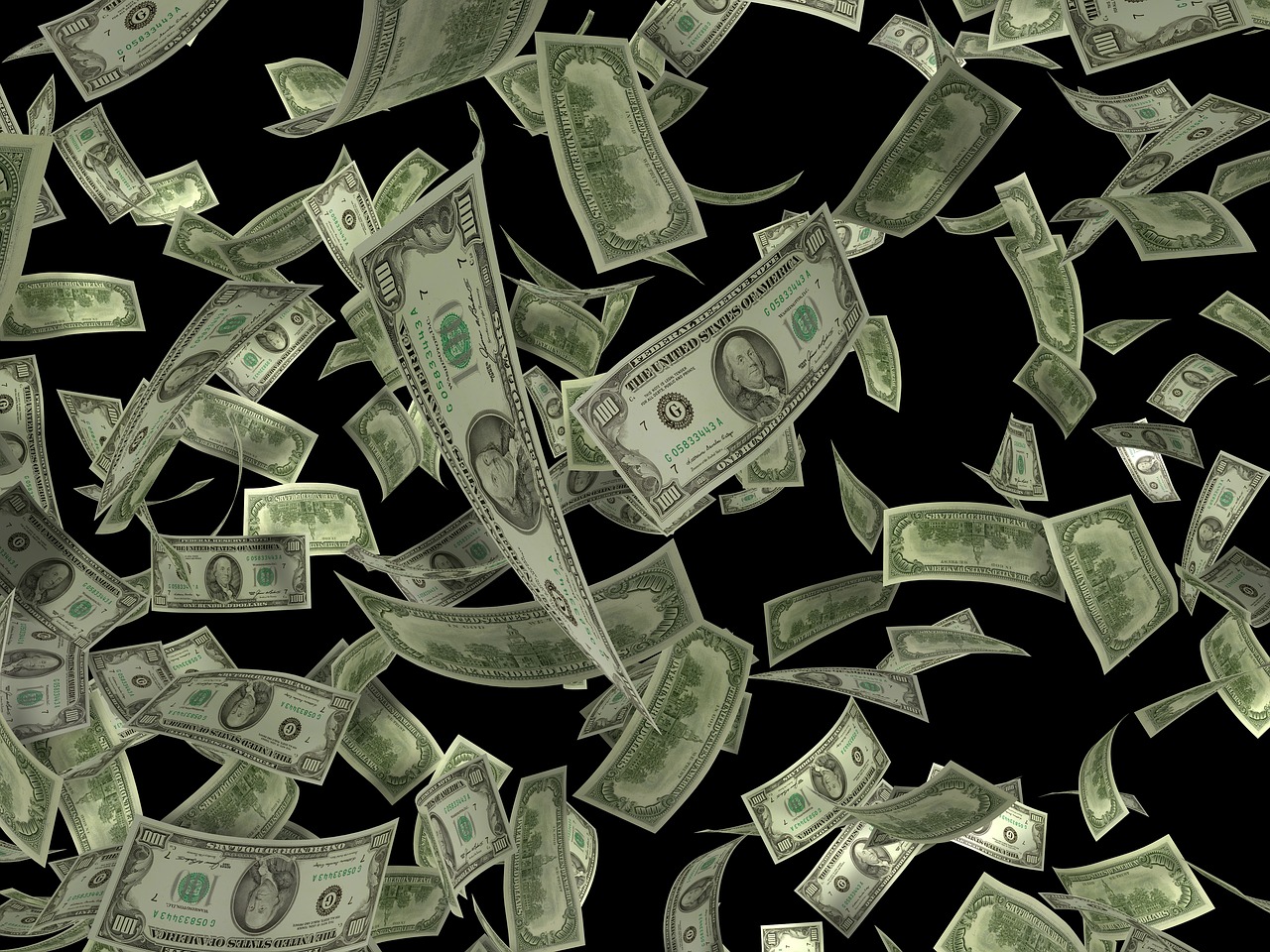Current account deficits, purchasing power parities, or national debts – currently hardly play a role in the global foreign exchange market. Instead, political events and developments have a particularly strong influence on events. Several currencies are currently firmly in the grip of politics. That’s why prop traders like Traders with Edge (read Traders with Edge reviews here) and Retail traders should be up to date with current events or else they are bound to lose their trades.
Past events that made an impact on global foreign exchange
https://www.youtube.com/watch?v=UBp56lAQEI4
US dollar and euro – in the grip of the populists
The US dollar has appreciated massively since Donald Trump’s election victory. The belief of the financial market players in Trump’s promises of a stronger US economy, in which inflation and interest rates would rise, was evidently high in the past few weeks.
The euro, for example, has lost more than 7 percent against the dollar since the beginning of November last year. Only recently, a dollar was only worth 1.03 euros and some experts saw parity between the two currencies imminent. Recently, however, the euro has caught up again, which is partly due to the fact that the Trump euphoria on the financial markets seems to be running out of breath.
In addition, the rise of euro-critical forces in the eurozone weighs on the common currency. In Italy, comedian Beppe Grillo’s 5-Star Movement was already successful when the then Prime Minister Matteo Renzi had to resign last year after losing the constitutional referendum. Upcoming elections in France and Germany this year are already casting their shadows.
British pound – exit from the EU drives investors away
The British pound has been going up and down for months, depending on the new news that comes out about Britain’s impending exit from the EU. The decision to “Brexit” in the summer of last year caused the pound to plunge spontaneously. One euro used to cost around £0.76, but suddenly it was £0.84 practically overnight. Since then, the pound has continued to fall overall – with various ups and downs. Since the beginning of this year alone, the pound has again lost more than 2 percent against the euro. The British currency is one of the weakest in the world this year.
Turkish Lira – Hesitant Central Bank Charged
However, it is not just the major world currencies that are currently being strongly affected by political influences. This also applies to some otherwise less noticed currencies.
One example is the Turkish lira, which, according to an overview by the Bloomberg news agency, is also one of the weakest currencies in the world so far this year, having lost around 5 percent against the US dollar.
Bloomberg cites political pressure in the country as the reason, which is causing the central bank to refrain from raising interest rates, although these actually seemed necessary due to high inflation. The situation with the Mexican peso is very different.
Mexican Peso – the Trump-O-Meter falls and falls
And then there’s the Mexican peso, which was stylized as a kind of Trump-O-Meter even before Donald Trump was elected US President: If Trump’s poll numbers rose, the peso fell – and vice versa. Because the New York real estate billionaire had already made Mexico and its inhabitants a preferred target for verbal attacks and unpleasant announcements before his election.
Not much has changed in this arithmetic to this day, except that Trump is now about to be inaugurated, and poll numbers have turned into concrete intentions and statements by the Republicans towards the neighboring country to the south, which is more likely than ever to become a reality in the future. The most prominent example is the announced construction of a wall on the US-Mexico border, which Trump is planning and which he says the Mexicans should ultimately pay for.
Chinese yuan – when will Beijing float the currency?
One currency where political interference is almost institutionalized is the Chinese yuan, which has long been more or less tightly pegged to the dollar. Although voices have repeatedly been raised calling for an end to this fixation, Beijing has stuck to it so far – and probably regularly spends billions of dollars to support the yuan.
Recently, however, there has been an increasing number of experts who believe that the Chinese currency may soon be opened up to allow market forces to play freely. From the Chinese point of view, this would probably initially have the adverse effect of a spontaneous, violent devaluation.
In the long term, some experts say, however, the advantages for the People’s Republic could outweigh this, for example, because the country’s currency reserves would be spared.

